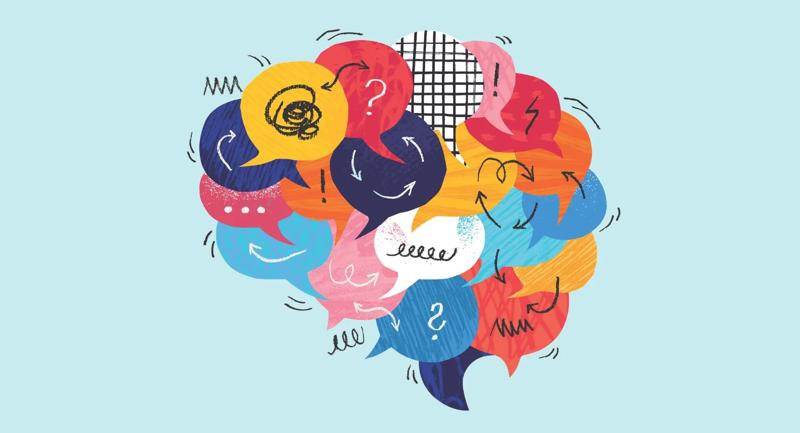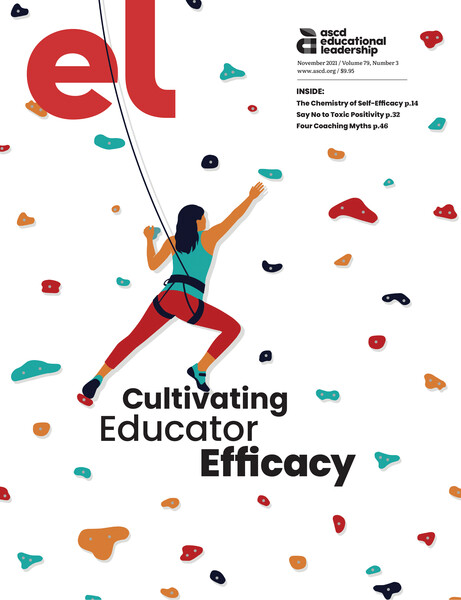Q: Culturally relevant and responsive pedagogy is at the forefront of education, and as a visible minority immigrant who regrettably dismissed my sense of cultural identity growing up, I've tried to embed CRRP into my math lessons by researching connections. In a lesson exploring regular polygons using a 360-degree circle and compass, for example, my students, while exploring and playing, will often come up with designs and patterns resembling Islamic and indigenous art—and sometimes I share images to help lead them there. My district leadership team now recommends that if I teach this lesson, I should have a representative of these cultures authenticate the learning. (This has me wondering: What about my lesson on origami?) If I have to consider doing this for every lesson I plan, it's simply not feasible. How closely does a teacher have to research and follow another culture's traditions to draw on them without being disrespectful? I want my students to engage in the cultural beauty math has given the world, but I'm struggling to choose between cultural responsibility and learning.—Confused in Canada
November 1, 2021
•
5 min (est.)•
Vol. 79•
No. 3How Can We Be Thoughtfully Culturally Relevant?
ASCD faculty and authors respond to educators’ dilemmas.

A: I appreciate your efforts to find ways to bring meaning to the math content you teach. Making connections between content and culture in various subjects is what learning is all about, and such connections allow for creative and differentiated ways to assess student learning.
In terms of meeting the needs of your district leadership, while I can appreciate the desire to lend authenticity to the content, it begs the question: Who and where are the cultural representatives of the content we currently teach? While recruiting a visiting scholar or setting up a video call with a cultural authority would be great, this isn't at all feasible, even on a weekly or monthly basis.
As for researching traditions, it is important to be relatively well-versed in the culture or traditions that you reference—and even better to be a practitioner in that particular culture or tradition. Being fluent adds to the authenticity required to effectively make certain connections, not to mention that if you're well-versed in something, your passion and command of the subject will shine through. That said, is it mandatory to know a lot about the background culture to teach about one activity or practice related to that culture? Not necessarily. I don't need to be well-versed in Japanese culture to lead an origami exercise, any more than I need to know every nuance of Greek history and culture in order to discuss the Pythagorean theorem or its relevance.
Math is a universal language. Continue to harness the beauty of arts, culture, and technology integration in your efforts to teach math well. Take time to explore the multiple tools at your disposal (how-to videos, mapping, AR technology, virtual field trips) to illustrate the cultural, artistic, and historic connections of math across the world.
I also suggest using the "community-as-your-classroom" approach. Do some asset mapping of the community where your school is located to identify resources and people you can collaborate with to make lessons come alive! Invite a local muralist to paint a mandala on your classroom wall with your students, or have a culturally themed lunch with an embassy representative or college professor to discuss Islamic or indigenous art.
Simply put, you don't have to choose between cultural responsibility and student learning. Doing some basic research and remaining authentic to yourself and your teaching practice is a fulfillment of your cultural responsibility, and the integration of arts, culture, and technology brings context to your content. Be proud of yourself. You are already doing it, my friend!






